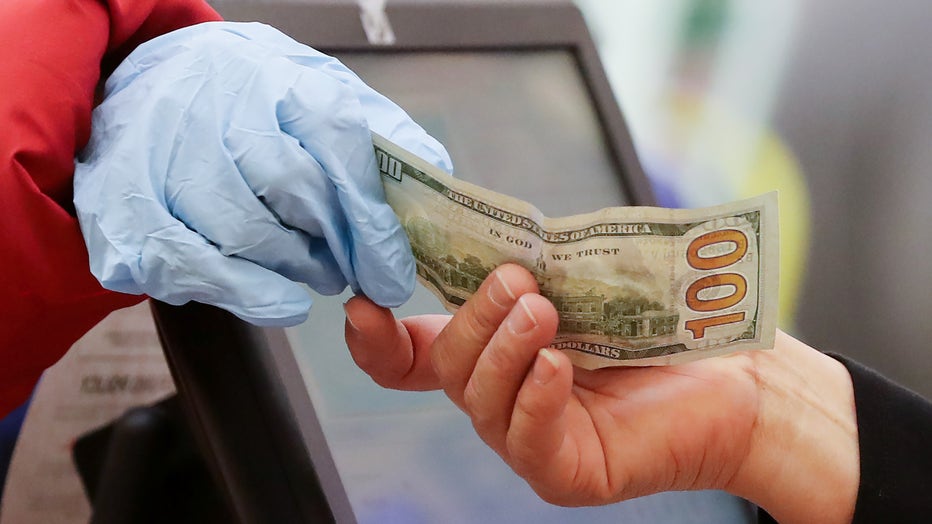Interest rates steady during coronavirus pandemic: What it means for your wallet
LOS ANGELES - Interest rates will remain at zero percent until the financial effects of the coronavirus pandemic begin to subside, which is good news for some consumers, the Federal Reserve announced Wednesday.
The central bank has taken a number of steps to help Americans, including some that encourage lending, but keeping interest rates at zero is another way policymakers intend to stimulate economic activity.
RELATED: CoronavirusNOW.com, FOX launches national hub for COVID-19 news and updates
Here’s a look at the ways the policy affects you:
Credit card APRs
The annual percentage rates for credit cards with variable interest rates tend to move in line with the Fed’s benchmark federal funds rate.
That is good news for people who are carrying debt.
However, the decline isn’t typically significant enough to be too helpful, especially at a time when many Americans are facing serious financial challenges as a result of the coronavirus pandemic.
Mortgage rates
While not directly tied to interest rates, mortgage rates can be influenced by moves in the benchmark federal funds rate.
Prior to the coronavirus pandemic, however, mortgage rates were at historic lows.
Many Americans took advantage of lower rates throughout 2020 to refinance their mortgages, especially those who may need some extra cash.
RELATED: Millions of taxpaying immigrants won't get stimulus checks
Meanwhile, mortgage rates recently hit a record low. And the Mortgage Bankers Association on Wednesday reported a pick-up in mortgage purchase applications for the week ending April 24.

FILE - A woman pays cash while wearing gloves during special hours open only to seniors and the disabled at Northgate Gonzalez Market, a Hispanic specialty supermarket, on March 19, 2020 in Los Angeles, California. (Photo by Mario Tama/Getty Images)
Your savings
On the downside, savings accounts will not be accruing much interest.
Federal Reserve chair Jerome Powell acknowledged this negative effect for savers during a press conference on Wednesday, but the central bank needed to consider the well-being of the broader economy, he said.
RELATED: Better Business Bureau warns of ‘mandatory online COVID-19 test’ text message scam
The Fed cut rates to zero over the course of two emergency sessions in March.
On Wednesday, policymakers said they would remain in the current range until the body is “confident that the economy has weathered recent events and is on track to achieve its maximum employment and price stability goals.”
“The ongoing public health crisis will weigh heavily on economic activity, employment, and inflation in the near term, and poses considerable risks to the economic outlook over the medium term,” the FOMC statement released on Wednesday read.
The next Fed meeting will take place in June.

